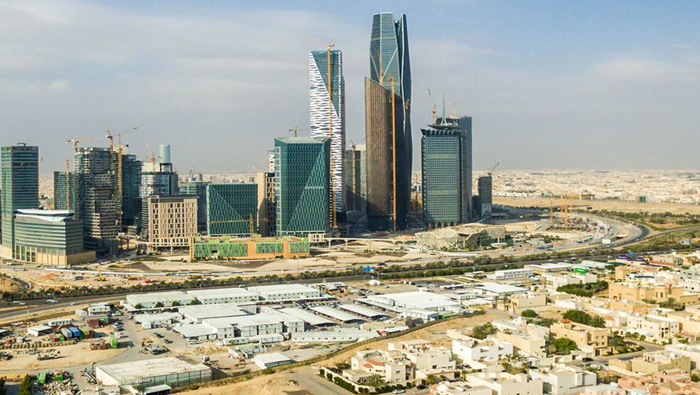
Riyadh: Saudi Arabia’s austerity measures will slash capital spending this year by 71 per cent, as the world’s biggest exporter of crude seeks to repair public finances damaged by low oil prices.
Capital expenditure is projected to reach 75.8 billion riyals ($20.6 billion) this year compared to 263.7 billion in 2015, according to the government’s bond prospectus obtained by Bloomberg. In 2014, capital spending amounted to 370 billion riyals.
The kingdom, with the largest budget shortfall among the world’s 20 biggest economies, has delayed payments to contractors and is weighing plans to cancel more than $20 billion of projects, according to people familiar with the plans. The government estimates that the budget deficit would decline to 13.5 percent of gross domestic product this year from 15 percent in 2015, according to the prospectus.
The government also suspended bonuses and trimmed allowances for government employees, including a 20 per cent cut to ministers’ salaries. As a result, current spending will decline to 581.2 billion riyals from 714.4 billion.
Economists expect the spending cuts to weigh on the largest Arab economy. Growth will likely slow to 0.6 per cent this year from 3.4 per cent in 2015, according to HSBC Holdings.
Saudi oil reserves
Saudi Arabia, the biggest oil exporter, sees its crude reserves of 266.5 billion barrels lasting 70 more years and hasn’t sought an independent consultant to review the figures, according to a bond prospectus.
The nation’s wealth is based mainly on oil, with crude sales accounting for 75 per cent of total export earnings, according to the prospectus. Saudi Arabia plans to sell at least $10 billion in bonds maturing in five, 10 and 30 years, and it disclosed plans to hold investor meetings in London, Los Angeles, Boston and New York starting on Wednesday.
The kingdom expects to sell a stake in state-run producer Saudi Arabian Oil Company, which held 261.1 billion barrels of total Saudi reserves. The sale could involve either the parent company Saudi Aramco, as it’s known, its subsidiaries, or both, according to the prospectus. The Saudi methodology for calculating its reserves may differ from that used by other producers or United States securities regulators, according to the prospectus.
International oil companies report their reserves to show they’re finding enough new deposits to replace the crude they’re selling. In the U.S., the Securities and Exchange Commission regulates reserve calculations made by companies that are publicly traded in the country.